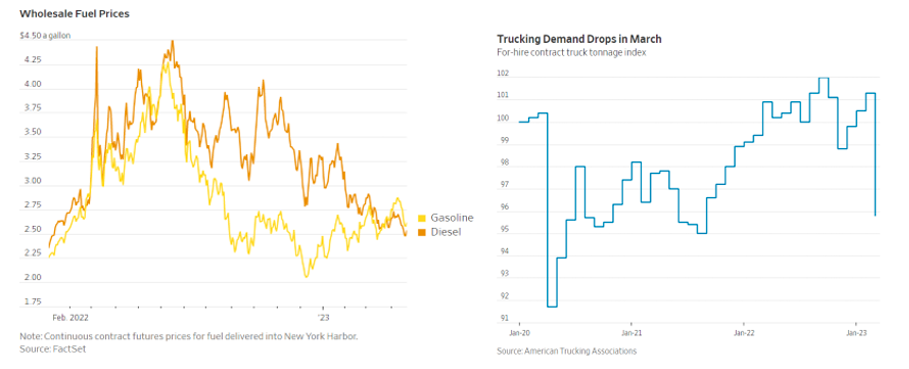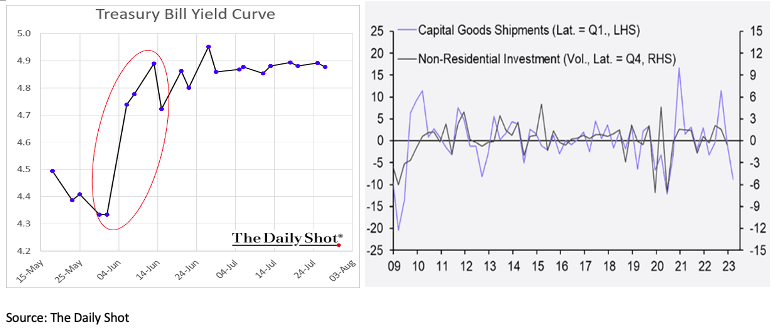Upon return from Troy, Agamemnon is killed by his wife Clytemnestra. Orestes and his sister, Electra, are resolute on killing their mother and her lover, both of whom are thirsty for power. Now, Clytemnestra is having a dream where she gives birth to a serpent. The serpent is wrapped in a baby’s clothes and is nursed by Clytemnestra. The baby serpent started drawing blood along with the milk.
Our contemporary world is dominated by forces that shape finance, trade, technology, and geopolitics. The forces are eager for power. Financialization, securitization of worthless paper, toxic assets, derivatives with notional value close to $700 trillion, and zombie corporations have all been fed by a modern serpent who, in turn, has been changing colors and appearances. The accumulation of debt (corporate, government, and household debt) along with geopolitical tensions around the world, resembles a gala organized by Clytemnestra’s serpent.
The gala’s guests want to dance, when suddenly Aeschylus, who happens to be among the guests, whispers into the microphone:
“Shamed for all the world, you mean –
dear god, my father degraded so!
Oh she’ll pay,
She ‘ll pay, by the gods and these bare hands –
just let me take her life and die!”
“What was the fraud at Silicon Valley?” the guests ask, “or for that matter at Signature or First Republic banks?” Aeschylus continues:
“But there is a cure in the house
and not outside it, no
not from others but from them,
their bloody strife. We sing to you,
dark gods beneath the earth.”
“Have you seen the calmness in the regional banks stocks?”, the guests keep asking Aeschylus. Did you see their stocks’ daily performance just a couple of days ago, after First Republic was sold to JP Morgan Chase?
PacWest: -29%
Metropolitan Bank: -27%
Western Alliance: -25%
Home Street: -16
“And how about some office and commercial real estate stock performance over the last year?”
Office properties Income Trust: -71%
Vornando Realty Trust: -65.25%
Piedmont Realty Trust: -61.51%
“And how would you interpret, great Aeschylus, the following two graphs other than that an economic slowdown is coming?”

“Let’s not forget that Clytemnestra sent libations to her husband’s grave, trying to atone for the murder she committed,” Aeschylus replies, only to add “the libations were sent after the dream she had about the serpent. This was no empty dream. It’s a vision entrusted to Orestes to avenge his father’s murder. Orestes had to follow the serpent’s route. Apollo has ordained the route. The offspring of Clytemnestra will avenge the murder she committed. This is the financial law of gravity when policymakers follow the route of cheapening money and encouraging debt accumulation. Agamemnon cheated the great warrior Achilles, and Clytemnestra paid him by the same token of betrayal. It seems that the infectious disease called ‘cheap money’ sows seeds of catastrophe. Clytemnestra’s father-in-law (Atreus) ‘reconciled’ with his brother (Thyestes) by serving his nephews as dinner to their father. The serpent runs unimaginative plots. After all, the tragedy of Thyestes and his curse on Atreus marks the works of Sophocles and Euripides.”
“The distortion of the yield curve and capital goods shipment along with non-residential investments – as shown below – are indicative of the serpent’s plots,” Aeschylus says.

“Ever since Prometheus rebelled against Zeus, revolt – serpent inspired – has been a distinguishing attribute of humanity. Rebellion against tyrannical forces is natural, however, erecting a new order is not. We have no right to take order for granted. Albert Camus devoted a whole book on the subject and urges us in his essay – inspired by Melville’s masterpiece – titled Billy Budd to recall that sacrifices are needed so that the ship can move forward to an unknown horizon.”
“And what advice would you give, great Aeschylus?” the guests ask.
“Oh, I would look at the writings of Dostoevsky and Conrad and the impulsively self-destructive characters in their books. Both comprehended the world like Euripides, Sophocles, and I did in our days. Like in our tragedies/plays, the characters stared into the abyss of pain, despair, and disaster, and somehow drew strength from those encounters. By contemplating the fragility and uncertainty of life, they summoned the will to act bravely, to bear the burdens, to make sacrifices and to envision the larger picture. Those characters were not made for safe havens and for calm waters. The central message of these tragedies is to teach triumph on the precipice of catastrophe.”
Aeschylus’s Oresteia is one of the greatest tragedies ever written. It is a trilogy made up of the following plays (all performed during the same festival): Agamemnon, The Libation Bearers, and The Eumenides.
“Oh, and something else,” Aeschylus adds, “I would avoid staying at the Hotel California, because as the song goes:
“Mirrors on the ceiling, the pink champagne on ice
And she said, ‘We are all just prisoners here of our own device’
And in the master’s chambers they gathered for the feast
They stab it with their steely knives, but they just can’t kill the beast
Last thing I remember, I was running for the door
I had to find the passage back to the place I was before
‘Relax,’ said the night man, ‘We are programmed to receive
You can check out any time you like, but you can never leave'”
Eagles – Hotel California (Live 1977) (Official Video) [HD] – YouTube
